
Reece Wallace
Reporter, Social Sciences and Business & Economics
Reece Wallace, based in Houston, Texas, covers Business & Economics and Social Sciences for The Academic Times. He holds a master's degree from the University of Chicago and a BA from Tufts University.

 Countries led by women have seen fewer COVID-19 cases and fewer deaths related to the pandemic, a finding that new research suggests could be because the leaders prioritize public health care spending more than their male peers.
Countries led by women have seen fewer COVID-19 cases and fewer deaths related to the pandemic, a finding that new research suggests could be because the leaders prioritize public health care spending more than their male peers.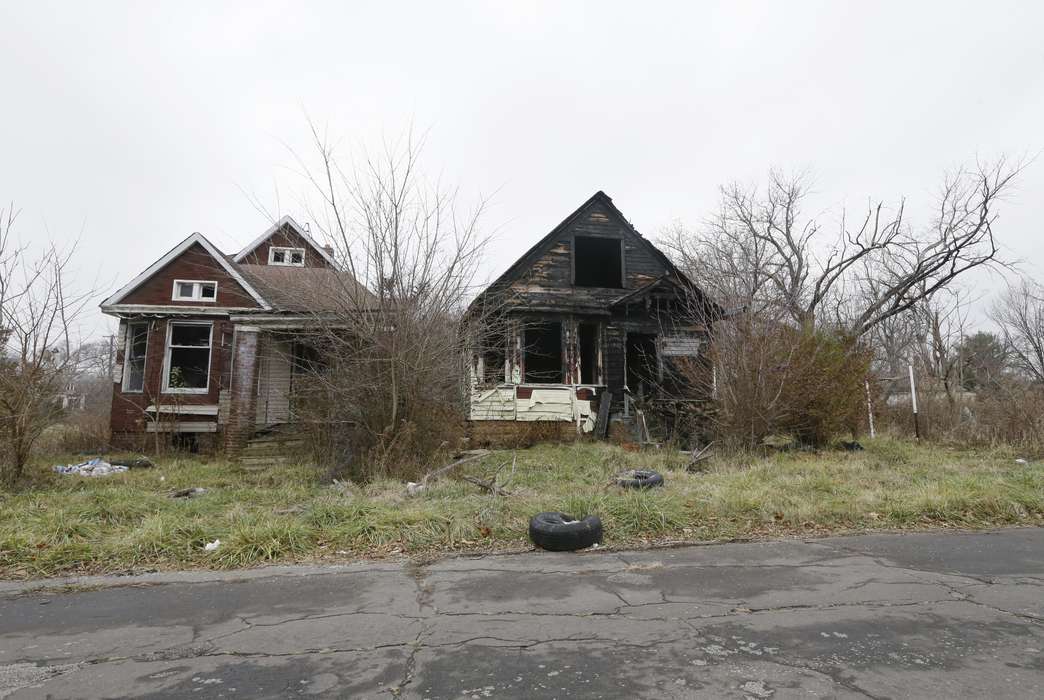
 Children from disadvantaged neighborhoods are at greater risk of developing obesity during childhood, but the impact of a child’s neighborhood is strongest among girls, according to an analysis of over 200,000 children from one of America’s largest metropolitan areas.
Children from disadvantaged neighborhoods are at greater risk of developing obesity during childhood, but the impact of a child’s neighborhood is strongest among girls, according to an analysis of over 200,000 children from one of America’s largest metropolitan areas.
 Left-wing governments have taken steps toward “state-led gentrification,” displacing and alienating working-class voters once key to their electoral success as a richer voting bloc's interests take politicians' focus off issues typically prioritized by lower-income individuals, a new study claims.
Left-wing governments have taken steps toward “state-led gentrification,” displacing and alienating working-class voters once key to their electoral success as a richer voting bloc's interests take politicians' focus off issues typically prioritized by lower-income individuals, a new study claims.
 Residential addiction treatment centers commonly request high up-front payments and admit patients before they’re clinically screened, according to researchers who posed as heroin users shopping for care, findings they said show the need for “greatly increased oversight” of the programs.
Residential addiction treatment centers commonly request high up-front payments and admit patients before they’re clinically screened, according to researchers who posed as heroin users shopping for care, findings they said show the need for “greatly increased oversight” of the programs.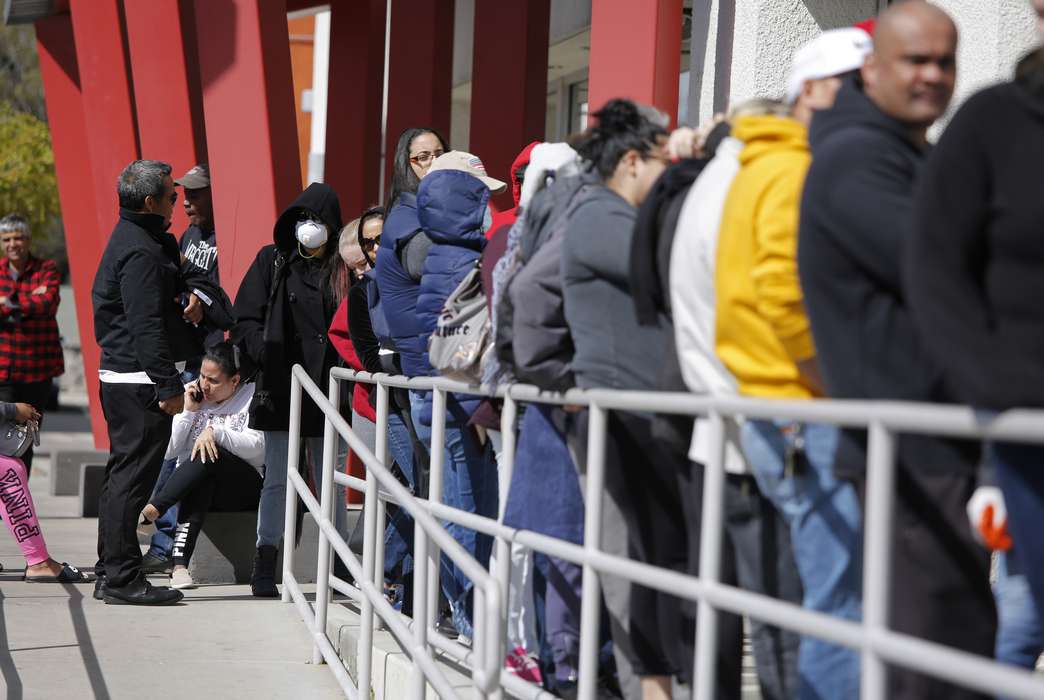
 Declining social trust, a decades-long trend which could be threatening America’s civic fabric, has been driven largely by individuals’ faltering faith in institutions and experiences of job loss, new research found — suggesting the dropoff isn’t purely the result of generational shifts.
Declining social trust, a decades-long trend which could be threatening America’s civic fabric, has been driven largely by individuals’ faltering faith in institutions and experiences of job loss, new research found — suggesting the dropoff isn’t purely the result of generational shifts.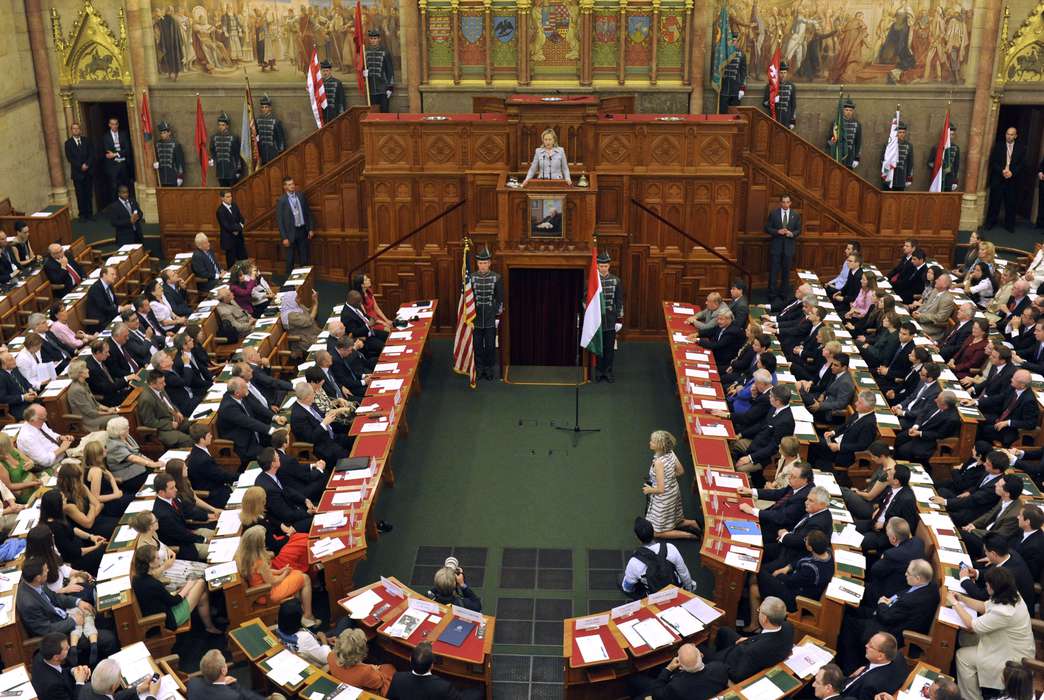
 “Good governments” with democratic features existed long before the dawn of modern society and were built on many of the same social and political bases as contemporary democracies, according to sweeping new historical research, a finding which could shed light on the causes of present-day “backsliding” in democracies around the world.
“Good governments” with democratic features existed long before the dawn of modern society and were built on many of the same social and political bases as contemporary democracies, according to sweeping new historical research, a finding which could shed light on the causes of present-day “backsliding” in democracies around the world.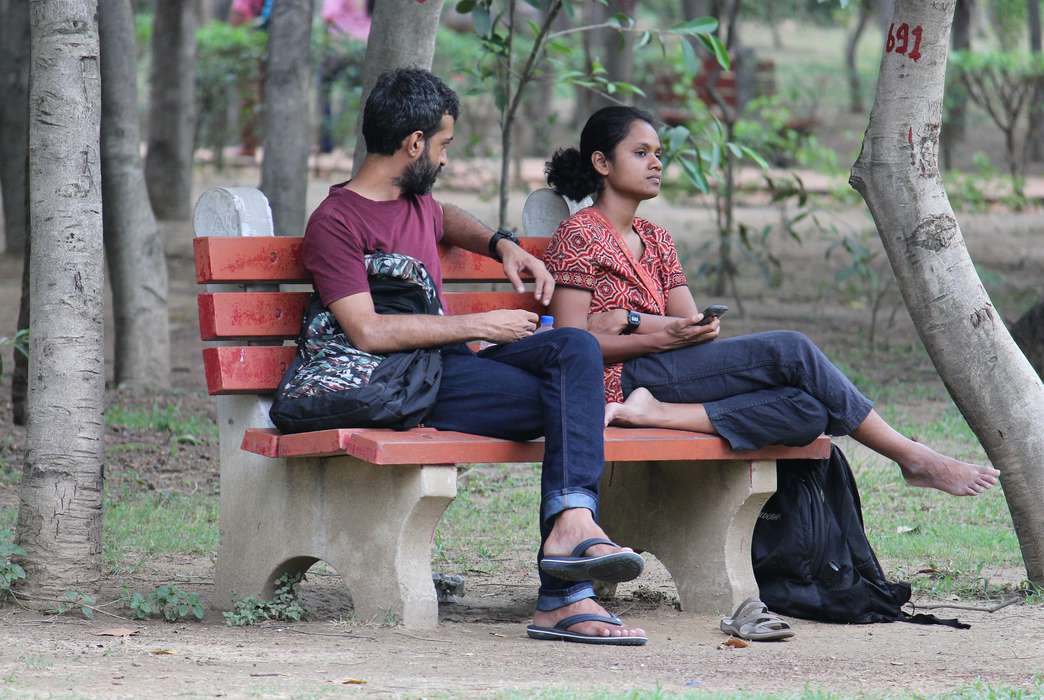
 People who base their self-esteem on financial success report clashing with their romantic partners more often, according to new research, suggesting that “financially contingent self-worth” can play a uniquely damaging role in relationships, over and above any economic strain.
People who base their self-esteem on financial success report clashing with their romantic partners more often, according to new research, suggesting that “financially contingent self-worth” can play a uniquely damaging role in relationships, over and above any economic strain.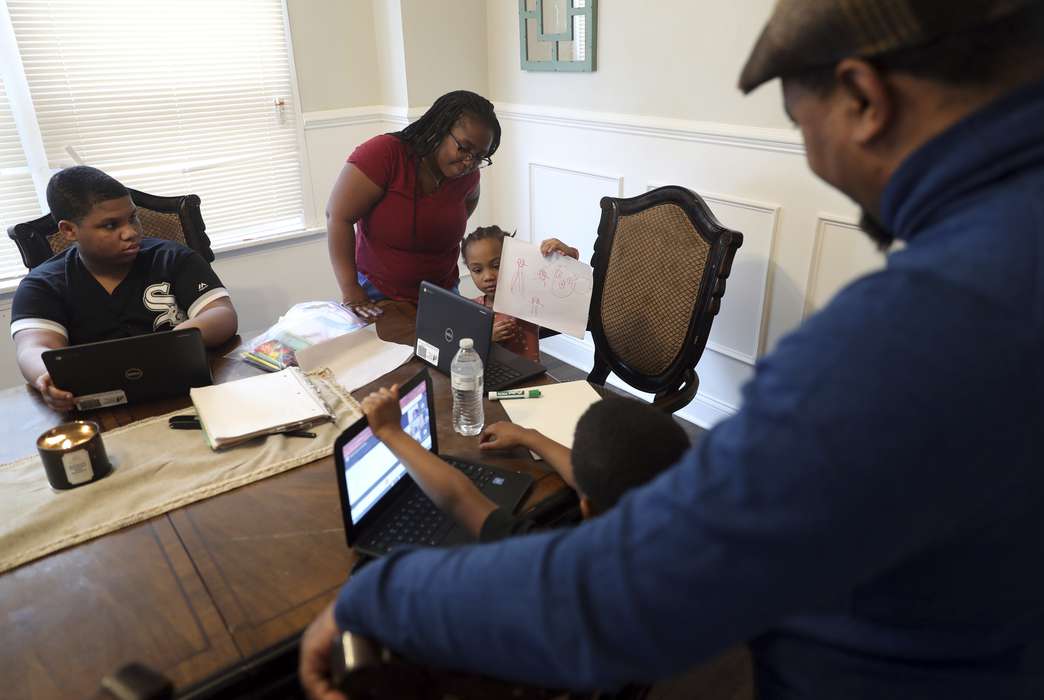
 Policies designed to give lower-income families more time together are more effective than cash transfers in reducing the well-being gap between kids from richer and poorer families, according to new cross-national research, bolstering arguments that the U.S. does not do enough to mandate work flexibility and paid leave.
Policies designed to give lower-income families more time together are more effective than cash transfers in reducing the well-being gap between kids from richer and poorer families, according to new cross-national research, bolstering arguments that the U.S. does not do enough to mandate work flexibility and paid leave.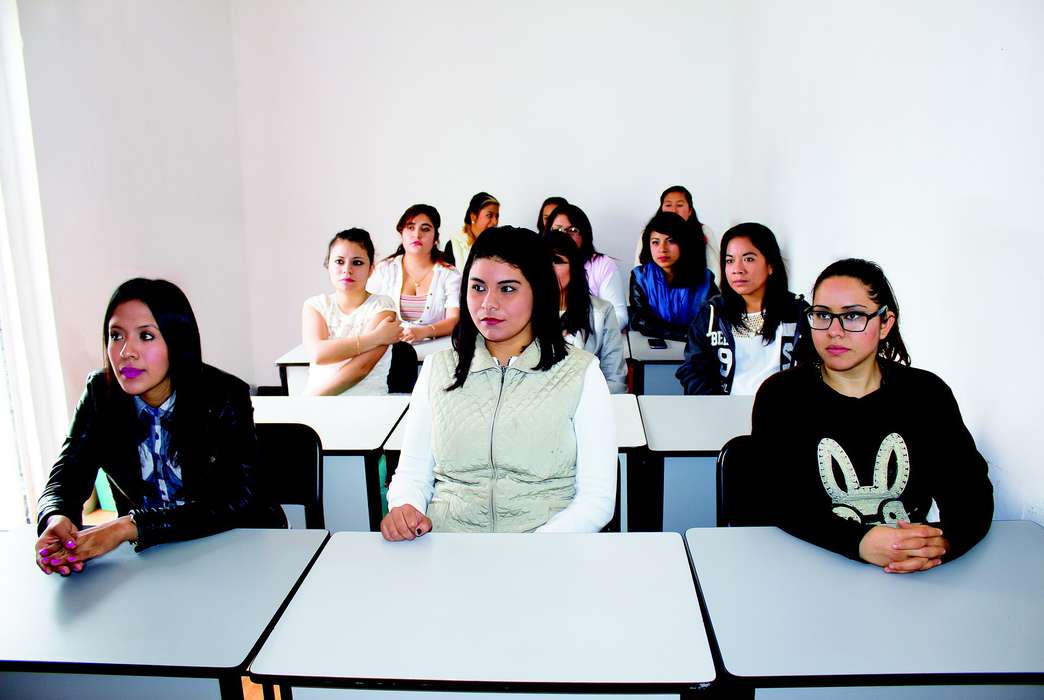
 University students whose parents haven’t received a four-year college degree suffer psychological and academic shocks from a perceived “cultural mismatch” on campus, but new research shows that exercises aimed at integrating students’ cultural identities can help boost academic performance and increase feelings that they belong.
University students whose parents haven’t received a four-year college degree suffer psychological and academic shocks from a perceived “cultural mismatch” on campus, but new research shows that exercises aimed at integrating students’ cultural identities can help boost academic performance and increase feelings that they belong.
 Religious voters are less likely than their secular counterparts to back Europe’s far-right parties when they can choose a mainstream Christian-Democratic alternative, depriving the factions of crucial support — except in countries where they’re the only “faith-based” game in town.
Religious voters are less likely than their secular counterparts to back Europe’s far-right parties when they can choose a mainstream Christian-Democratic alternative, depriving the factions of crucial support — except in countries where they’re the only “faith-based” game in town.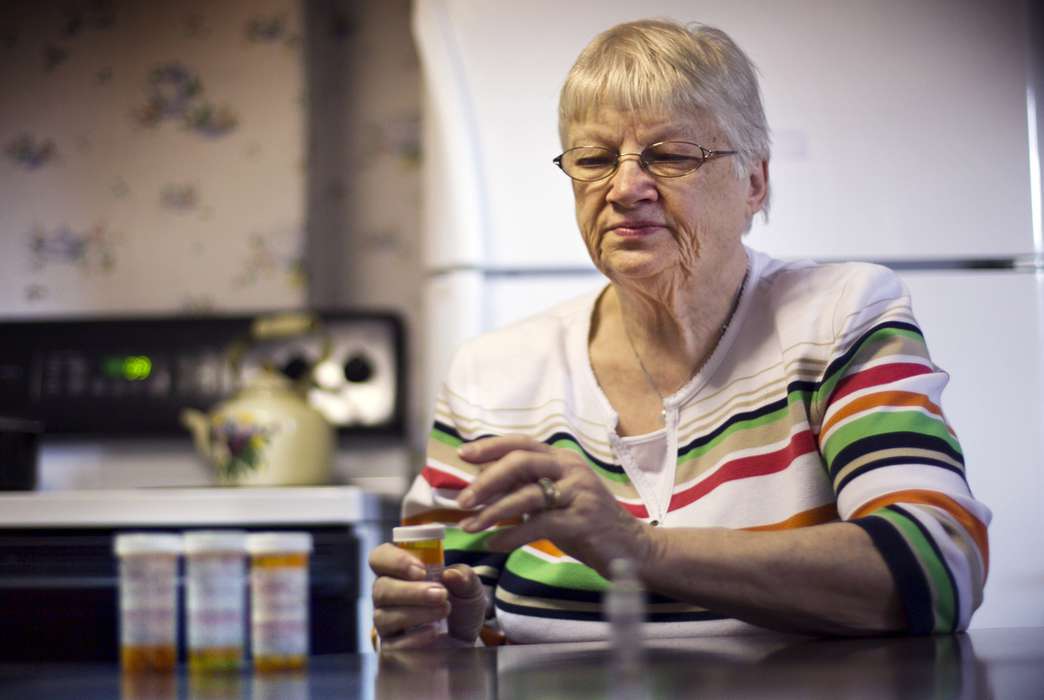
 In times of high economic inequality, new research found, media outlets tend to focus more on the personal characteristics of welfare recipients rather than on poverty’s social roots and impacts, a dynamic which may drive even the disadvantaged to oppose social spending which could benefit them.
In times of high economic inequality, new research found, media outlets tend to focus more on the personal characteristics of welfare recipients rather than on poverty’s social roots and impacts, a dynamic which may drive even the disadvantaged to oppose social spending which could benefit them.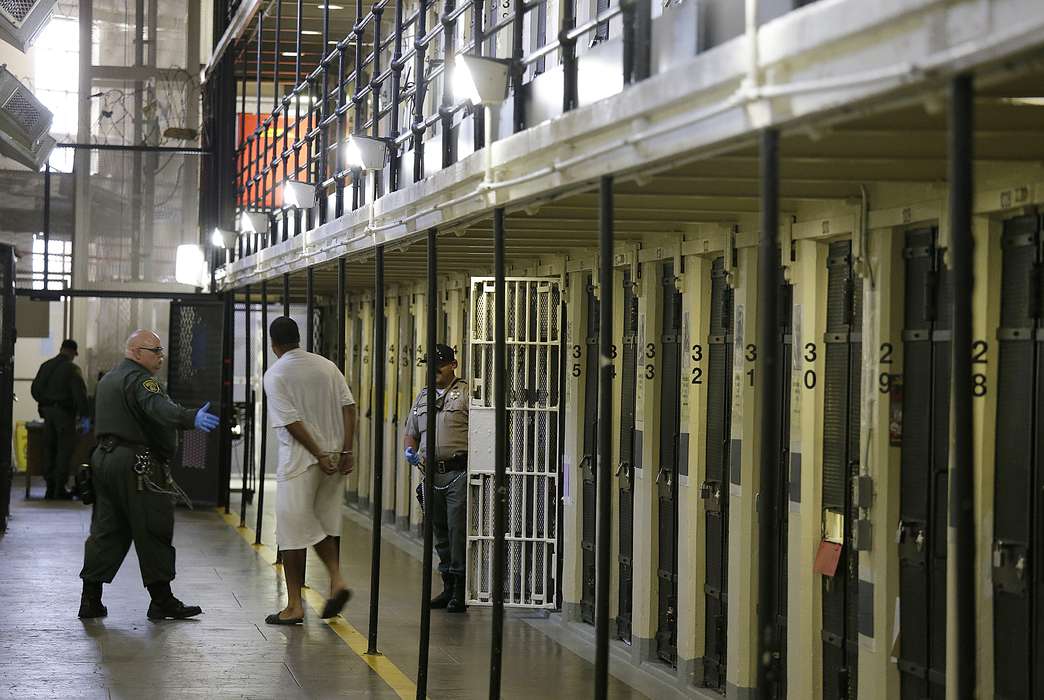
 Democratic governors who win office by thin margins lock more people up and spend more money on jails and prisons than their Republican counterparts, according to new research, a finding the author said exposes some Democrats’ “complicity” in the rapid growth of institutions designed to punish criminals.
Democratic governors who win office by thin margins lock more people up and spend more money on jails and prisons than their Republican counterparts, according to new research, a finding the author said exposes some Democrats’ “complicity” in the rapid growth of institutions designed to punish criminals.